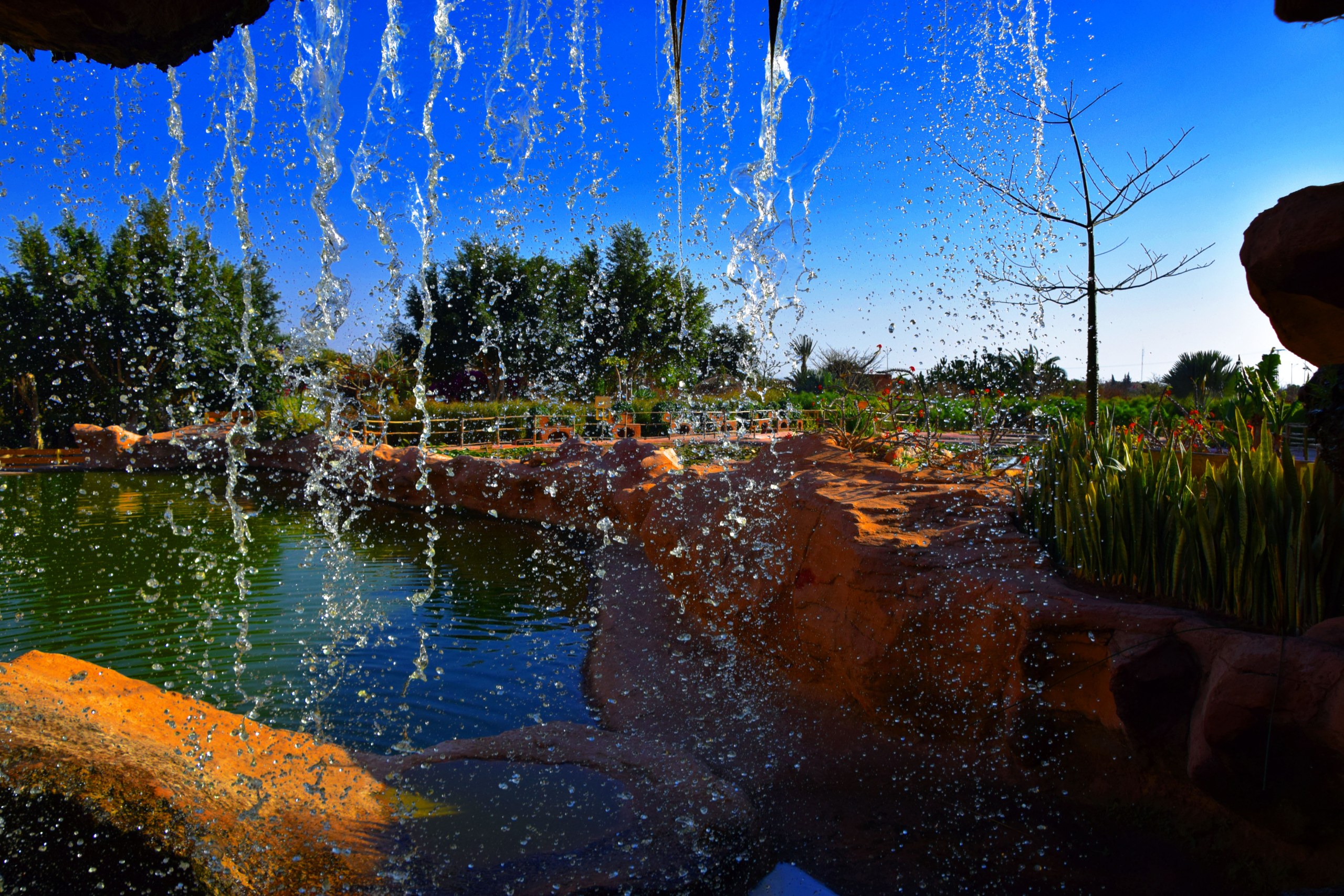Must Water Reach Under the Nails in the Purificatory Bath?
Shafi'i Fiqh
Answered by Shaykh Irshaad Sedick
Question Summary
In a compulsory purificatory bath (fard ghusl), should the water reach underneath the fingernails and toenails, or does washing the upper surface of the nail suffice? I find it very difficult to wash beneath the nails. Sometimes, there’s some dirt residue in the nail’s corner, making the water very difficult to reach the skin beneath it.
Question Answer
In the Name of Allah, the Most Merciful and Compassionate.
May Allah guide every dimension of our lives to that which pleases Him.
Keeping the Nails Trimmed
Before answering the question in light of the rulings in an obligatory ritualistic washing (both wudu & ghusl), we remind ourselves of the Prophetic practice (sunna) of keeping the finger and toenails short. Regularly clipping and cleaning the nails will assist in resolving the problem. [Nawawi, Minhaj Al-Talibin]
Washing the Nails
The dominant and official view in the Shafi’i School is as follows: If the dirt under the nails prevents the water of ablution (wudu) or the purificatory bath (ghusl) from reaching the skin beneath it, then the ablution (or bath) is not valid. The same is true of waterproof glue, paint, nail polish, and so forth on the nails or skin: if it prevents water from reaching any part of the nails or skin, no matter how small, one’s ablution or purificatory bath is not valid. [Keller, Reliance of the Traveler]
Alternative View
According to a view held by Ghazali, Juwayni, and Qaffal (may Allah have mercy on them), if the residue which accumulates underneath the nails prevents the water from reaching the skin thereunder, the ablution or purificatory bath would nonetheless be valid. This view may be easier to practice for those who need it because of the difficulty involved, as described in the question. Constrained circumstances bring about ease or dispensations in the Sacred Law (al-mashaqqa tajlib al-taysir), and Allah knows best. [ʿAbd Al-Rahman Ibn Muhammad Ibn Husayn Al-Mashhur, Bughya Al-Mustarshidin]
I pray this is of benefit and that Allah guides us all.
[Shaykh] Irshaad Sedick
Checked and Approved by Shaykh Faraz Rabbani
Shaykh Irshaad Sedick was raised in South Africa in a traditional Muslim family. He graduated from Dar al-Ulum al-Arabiyyah al-Islamiyyah in Strand, Western Cape, under the guidance of the late world-renowned scholar, Shaykh Taha Karaan.
Shaykh Irshaad received Ijaza from many luminaries of the Islamic world, including Shaykh Taha Karaan, Mawlana Yusuf Karaan, and Mawlana Abdul Hafeez Makki, among others.
He is the author of the text “The Musnad of Ahmad ibn Hanbal: A Hujjah or not?” He has served as the Director of the Discover Islam Centre and Al Jeem Foundation. For the last five years till present, he has served as the Khatib of Masjid Ar-Rashideen, Mowbray, Cape Town.
Shaykh Irshaad has thirteen years of teaching experience at some of the leading Islamic institutes in Cape Town). He is currently building an Islamic online learning and media platform called ‘Isnad Academy’ and pursuing his Master’s degree in the study of Islam at the University of Johannesburg. He has a keen interest in healthy living and fitness.
